By Jorge Antonio Olvera Mateos
One of the best experiences of working as an IP Counsel is to engage with some of the most brilliant minds in the entrepreneurial, innovation, and creativity ecosystems. I have had the privilege of meeting entrepreneurs, creators, businesspeople, and IP professionals who have shared remarkable professional and business experiences with me.
This time, I want to highlight a brilliant professional who connected to collaborate on projects involving African, American, and Latin American partners: Mr. Ben Oguntala. The first time I met Mr. Oguntala was an extraordinary experience due to his unique perspective on the intellectual property ecosystem and international business.
Ben Oguntala is a British IP Professional with extensive experience in building businesses across Africa and Latin America. His strong sense of purpose and awareness are among his most remarkable traits. For this reason, we thought it would be a great idea to share more about Ben Oguntala´s experience and working through his Developing Africa Group.
For the IP Consultores team, it is an immense privilege to have his support, as we can learn so much from his experience. This year, we launched the Global Intellectual Property Network initiative to create a global and inclusive intellectual property ecosystem, and Ben Oguntala´s interest in working with IP Consultores is one of the clearest signs that we are on the right path to achieving our team´s goals.
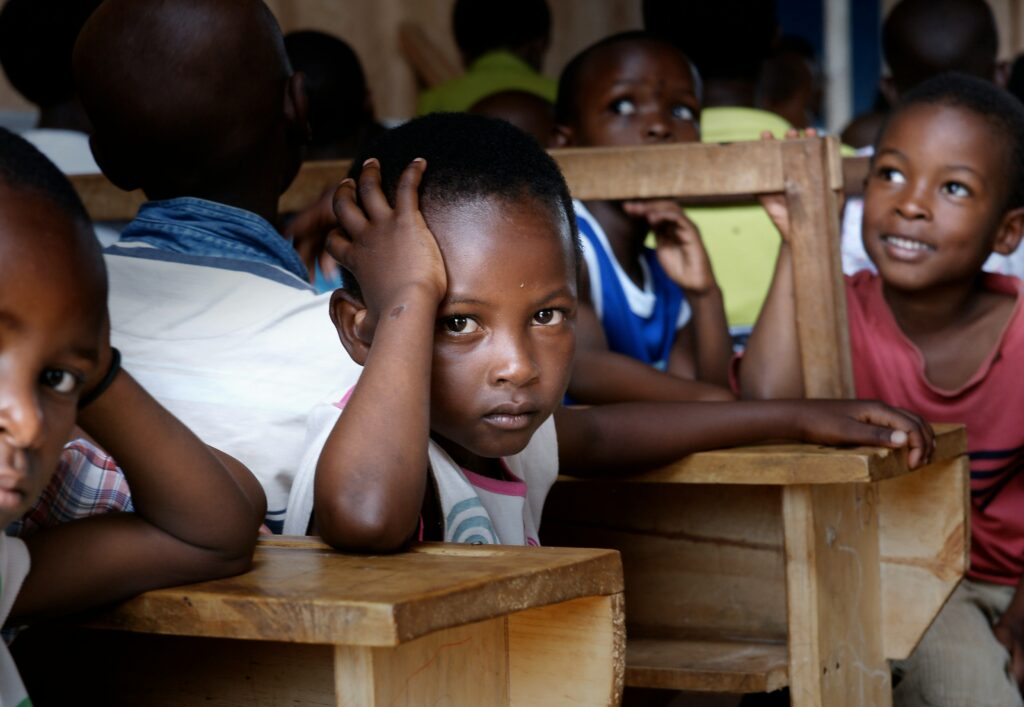
- Could you explain what the Developing Africa Group does? Please tell us when and how this organization was founded. We would love for you to share more about this organization with our Mexican and Spanish-speaking audience.
Developing Africa Group was founded as a means of evolving how we can develop Africa. There are some key distinctions in our definitions, we consider Africa to include all Afrodescendientes regardless of the country they reside in.
We are also acknowledging the perennial issues that most organizations face when dealing with Africa which is mainly demand and supply. As a corollary of the maxim, when demand goes to supply, the value of the supply is completely diminished. To fix this problem, we are taking demand directly to supply.
Moreover, we are creating an ecosystem that will enable Africans to convert their talent and knowledge to intellectual property rights and that IPR is used to create employment for Africans. The organization was founded in 2008, and we have been conducting research into protocols that work for Africa and the ones that don’t work.
Further, we looked at a variety of methodologies to develop Africans in Africa, to develop Africans in the diaspora, and how we can take the demand from these communities into supply. I have been coming to Colombia for over 20 years and now live in Colombia. One of the business opportunities I discovered is that only one or two countries speak Spanish in Africa and as a result very few countries in Africa trade with Latin America.
I also noticed the rising economic underrepresentation that Afrodescendientes have in Latam, and I believe IPR is one of the easiest ways by which they can improve their economic inequalities. Trade between Latam and Africa is, therefore, one of the business ideas I believe can develop between the two continents.
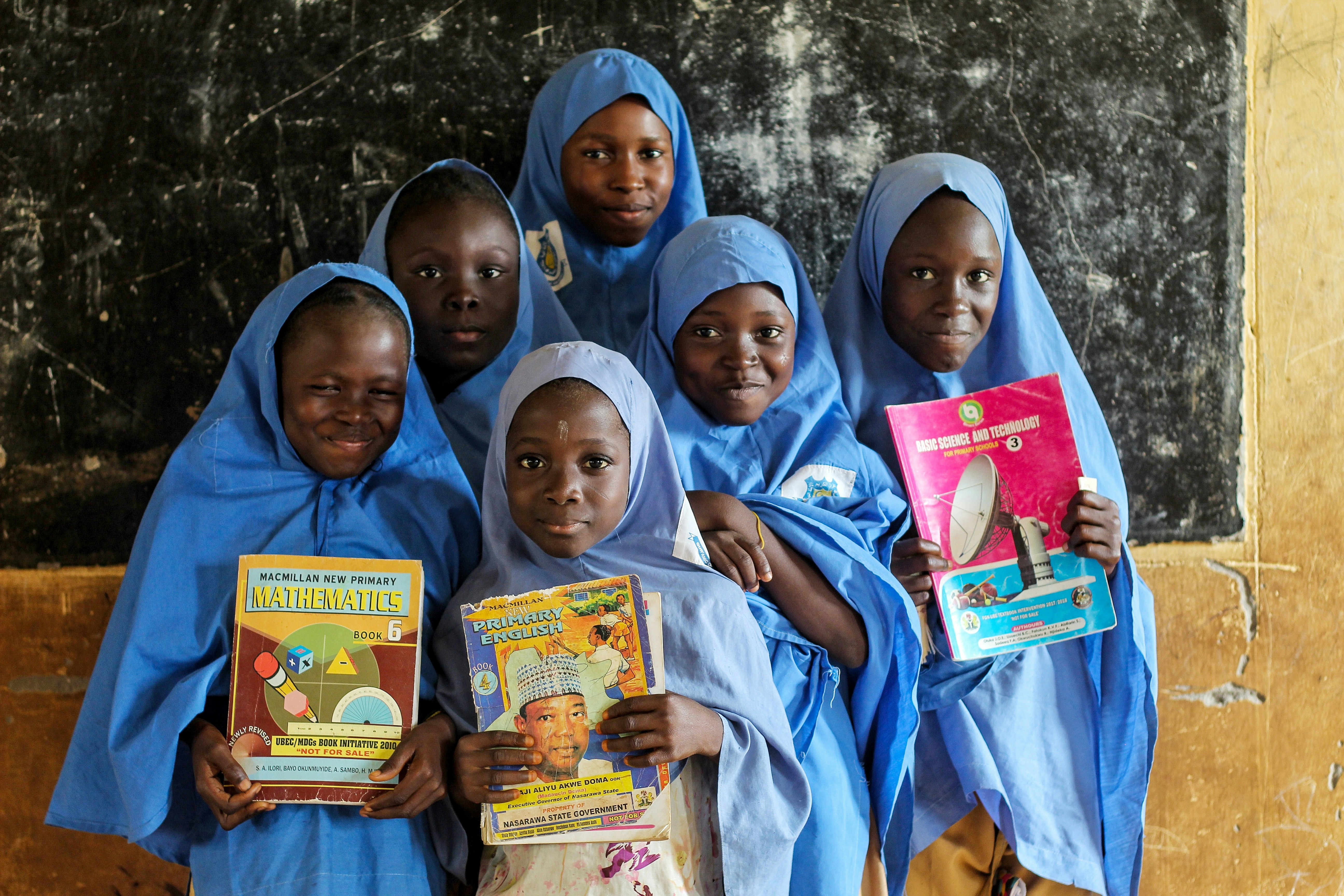
- At IP Consultores, we know that AfCFTA is a free trade area established in 2018. Could you explain the relevance of this free trade area in Africa? What are the advantages and opportunities that economic integration through this area represents for the member countries?
Everyone is aware of the European Union and how it has transformed Europe, well AfCFTA is like the EU in terms of free movement of goods and services. One advantage that Latam has is uniformity of language and as a result, I can do business in every nation in Latin America.
However, this is not the case in Africa. 40% of Africa speaks French, 30% speak English, 15% speak Arabic and 15% speak Portuguese. This divide is a major obstacle to trade in Africa, many African countries find it easier to trade with their colonial countries than with their African neighbors. Many Africans do not and cannot cross the language barrier and this is one of the major obstacles to trade in Africa. So that is the problem we inherited, and our challenge is how can we address it using IPR.
At Developing Africa Group, we want an entrepreneur in Senegal (French) to be able to see the development opportunities that exist in English, Arabic, and Portuguese using AI. We want to create a list of agents in each country to enable localization of ideas. In effect, the idea from Senegal can be implemented in Tunisia (Arabic), Mozambique (Portuguese), and Ghana (English) without leaving Dakar.
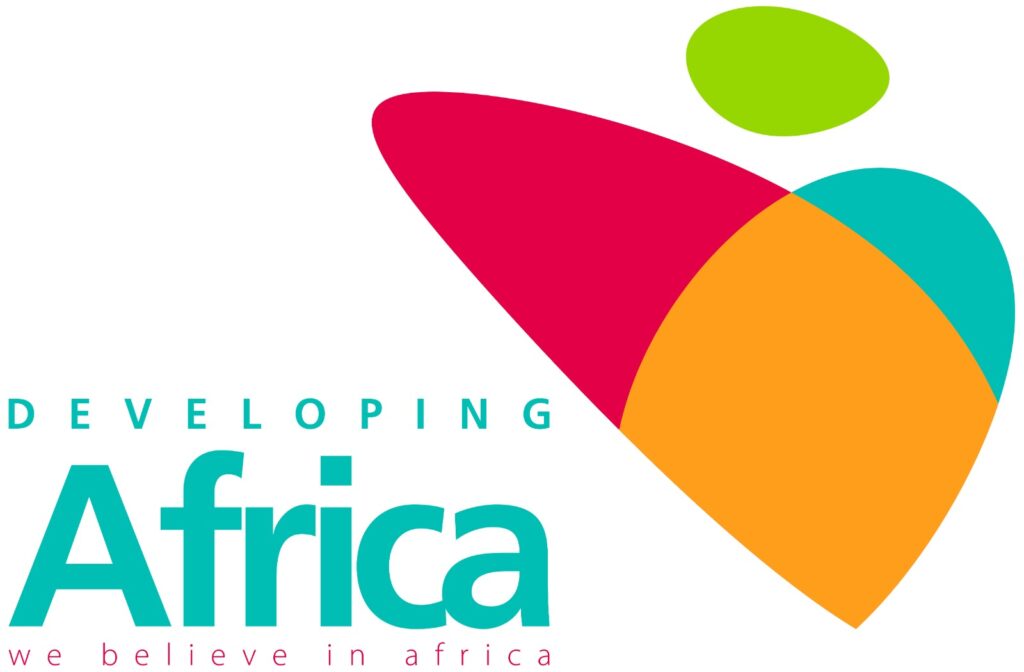
Everything that is written in French can automatically be translated into all the major languages using AI. AfCFTA allows us to take the ideas from Senegal and implement them in other African countries as part of the free trade movement.
By the same token, an entrepreneur in Mexico has a solution in Spanish, and with the Developing Africa Group, she will be able to see Portuguese, French, English, and Arabic partners to help her deliver the solution in their countries. These are the effects of IPR, AfCFTA, and DAG.
What are the advantages and opportunities that economic integration through this area represents for the member countries? At Developing Africa Group, we believe, that AfCFTA by itself cannot work, the legal framework is designed for large organizations to utilize. So, at Developing Africa Group, we believe we can add technology innovation, IPR, and AI to make it make sense for small businesses in and out of Africa.
- Ben, it is an honor for us to publish this interview, from the start, you have placed your full trust in us. Could you share more about your vision of intellectual property? What do you believe are the main advantages of intellectual property rights in African countries?
Let me tell you a story about how powerful and transformational IPR can be to Africa. Kasim is a 30-year-old male from Lagos, as a Nigerian, he is faced with passport and visa challenges, and this is reflected in his earning capacity. He is a brilliant artist and creates real lifelike pencil paintings, but only makes $50 per month in Lagos.
Kasim joins the Developing Africa Group, and we help him convert his talent into a trademark and copyright. As a Developing Africa Group member, we advise Kasim, to offer free paintings to other IP owners and if the users like the paintings, they should donate whatever they feel the painting is worth. 25 entrepreneurs accepted the request, and he painted them, they all loved it and each donated $50 to him, which generated $1,250.
We suggested to Kasim to create logos for each company with the pencil art, 100 clients submitted their logos to be converted into pencil art, they paid $100 each and Kasim made $10,000. Now Kasim has built a regular stream of work from clients who trust his work and frequently ask him to do work. His clients are Arabic, Portuguese, and French speakers. With his regular work in dollars, Kasim was able to travel abroad, lived in Lisbon for 2 years on a nomadic visa, and has now started his company in Portugal. All because of his intellectual property rights. This is the power of IP in Africa.
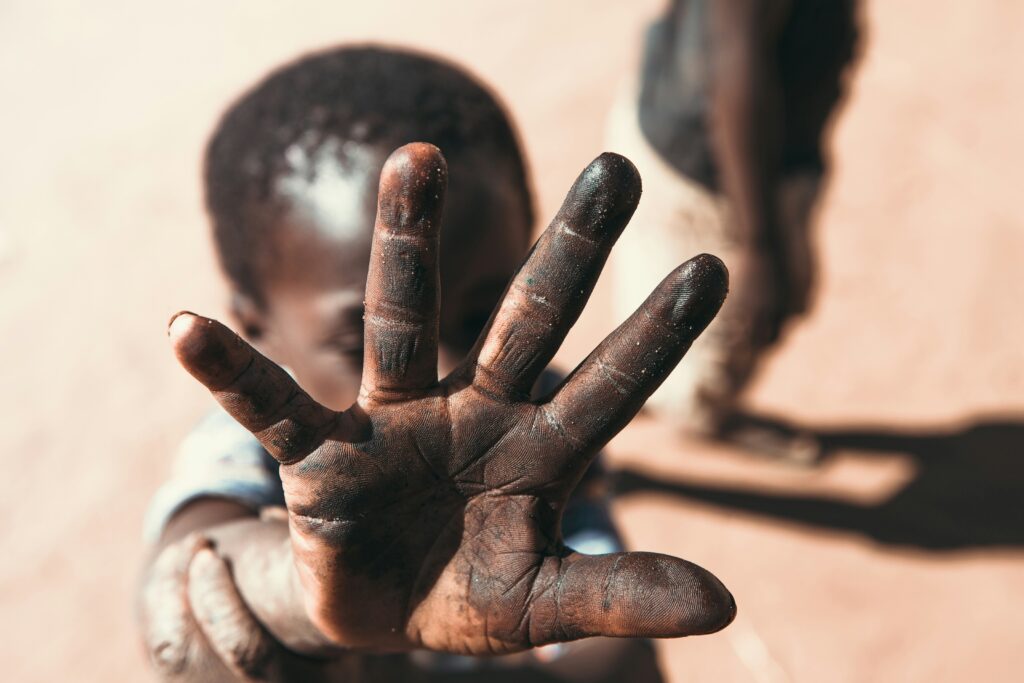
- We know that the Developing Africa Group is an intellectual property rights marketing group that aims to contribute to the development of African countries through this channel. What are the most significant projects you plan to develop in the coming years?
Regarding raw materials development, this project is going to address the problem of Africa being able to convert its raw materials into end products. Raw materials are registered in Africa and transported to Mexico, where it is converted into a product and finally, we have a product from an African raw material with an African name on it.
The product is then sold from Mexico to the same countries that order the raw materials directly from Africa. Africans sell the raw materials at $2 but can now sell the product at $20. Converting talent into IP and commercializing them and the Healthcare telemedicine IP to transform how healthcare is delivered in Africa.
- This year, IP Consultores organized a couple of workshops on Least Developed Countries and Conflict-Affected Countries, many of which are in Africa. What do you think are the possibilities that intellectual property rights can bring to these countries?
IPR can enable the poorest to act as one of the most powerful countries. One of the ideas we have is a project called 1,000 by 1,000. In this project, we take an IPR and confirm that it can create 1,000 employees paying $1,000. If 1,000 projects can employ 1,000 people, then 1 million people would be employed and if 1 million people are paid $1,000 per month, we would have generated, $1bn into the poor country’s economy. Therefore, if we repeat this process 10 times, then $10bn would have been generated. IPR has the power to transform economies and that is one of the reasons why we are commercializing IPR.
- Finally, Ben, as an intellectual property consultant, you surely know the role that imagination and creativity play in the field of intellectual property rights. Could you share your vision of creative and imaginative processes so that more people can develop intangible assets?
IP practitioners need to be able to convert their knowledge into commercial services. Being creative is one of the first skills an IP practitioner is going to need. If you are from a poor country, we encourage you to have a chat with us so that we can help you develop a commercialization strategy. You must allow your IP talent to transform the societies you live in because it is the most affordable means of development.
There is no doubt, that creativity and innovation are crucial for development. Look at some industries, these are no longer future projections but realities today. For instance, Nollywood – the 3rd largest film industry in the world – makes more films than Hollywood. The Afrobeat is ranking higher than most other music genre. The Nigerian poets are some of the most decorated writers, and the most successful doctors in America are Nigerians.
I went to school in a country called Lesotho, there is a hat made in Lesotho called the Basotho hat, that hat costs $5 in Lesotho. A few years ago, I was in San Diego and the same hat was being sold for $75. If the maker of the hat had the vision to sell the hat directly, they stand the chance to make a lot of profit. Technology gives us the vision to see places we cannot travel to. The principle of demand and supply needs to be applied, and that combination is crucial to creating economic prosperity.
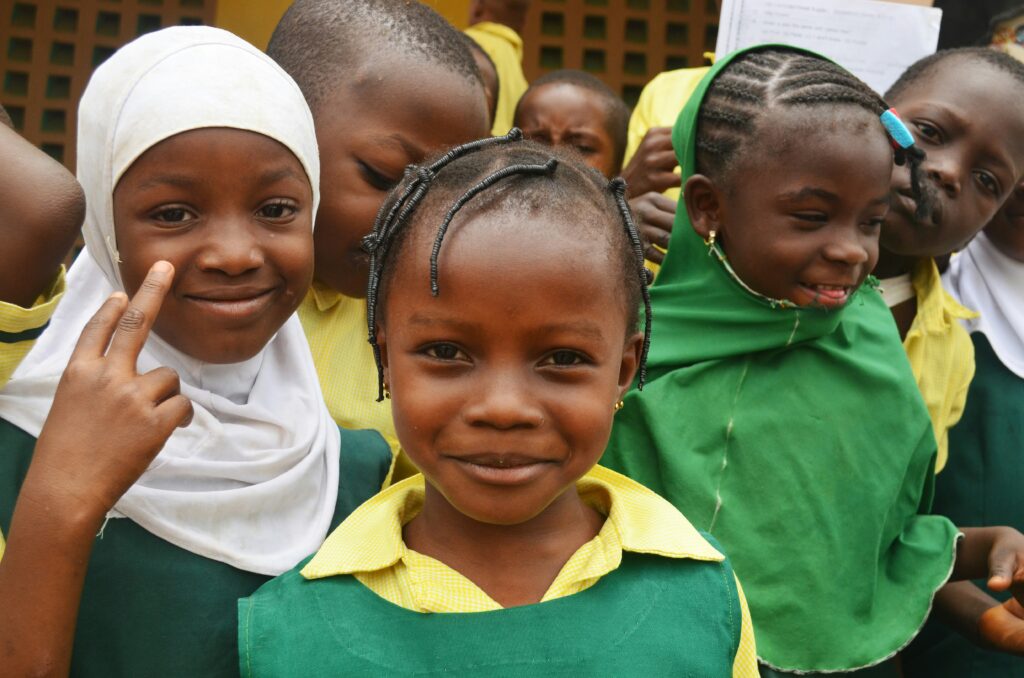
At IP Consultores, we take this opportunity to invite Mr. Ben Oguntala to continue collaborating to create a more inclusive global intellectual property ecosystem. We trust that, with Ben Oguntala´s guidance, we will reach our mission even sooner, just as we envisioned at the outset of our consultancy.
As an intellectual property team, we are deeply grateful to Ben Oguntala for the confidence he has shown in our work as IP professionals in Mexico. Remarkably, someone who has contributed to building a more inclusive and fair African intellectual property ecosystem is willing to share his experience and luminous insights with us.
Lastly, we believe that Ben Oguntala´s leadership of the Developing Africa Group presents a unique opportunity to build a Global Intellectual Property Network, enabling entrepreneurs, businesspeople, and creators from Africa and the Americas to leverage the strengths of both continents.

0 comentarios